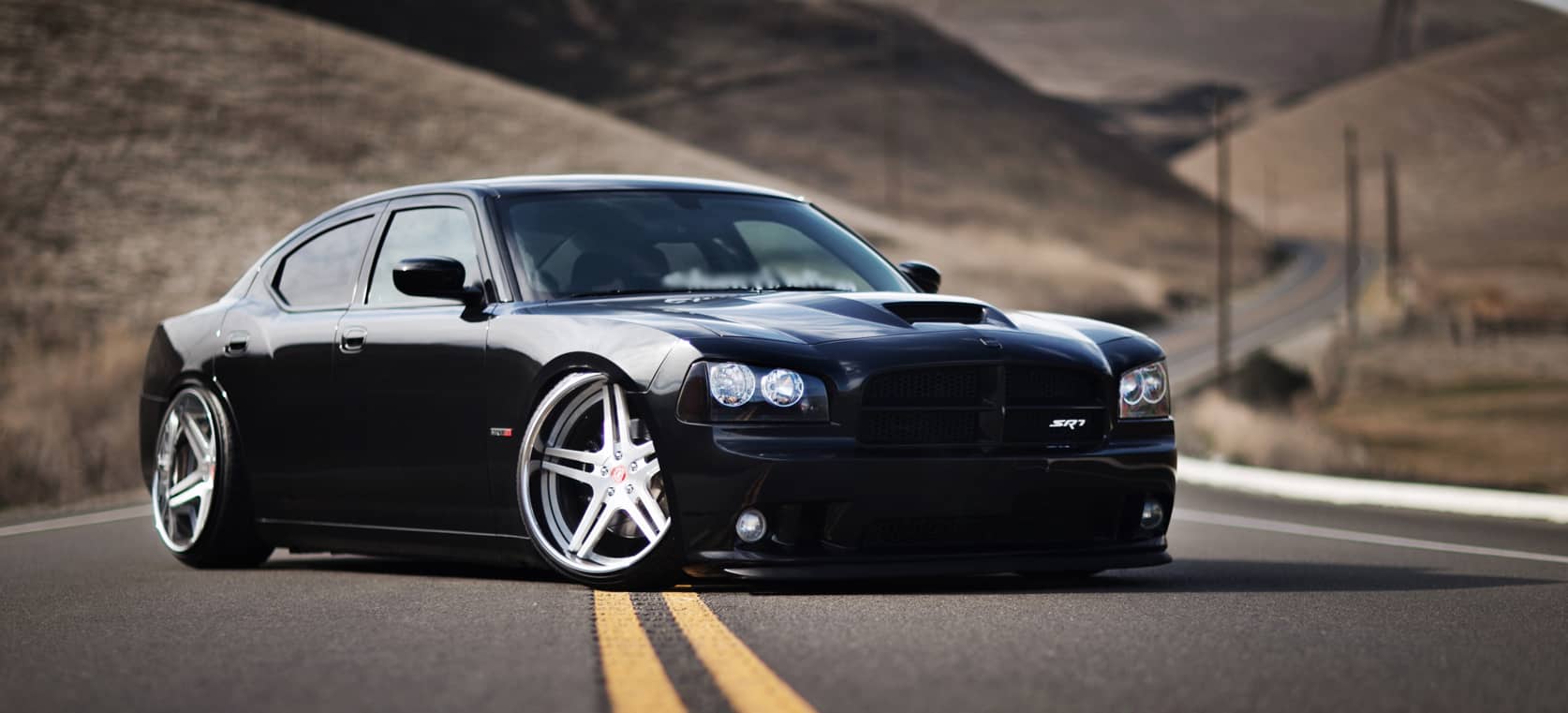The technology behind alloy wheels has its roots in racing, as hot-rodders sought to reduce overall vehicle weight. Today’s alloy wheels are more technologically advanced, and performance enthusiasts can choose from an endless variety of styles – meaning that you can find the perfect set of wheels for any 4WD or car.
What are Alloy Wheels?
An alloy is a combination of base metals, to form a new metal that has certain performance attributes. Alloy wheels first became popular in the 1960s, as “mag” or magnesium wheels came onto the racing scene. While these wheels were lightweight, they weren’t very corrosion resistant – and they were likely to catch fire during a severe collision. Most of today’s alloys are made of plentiful aluminium, but popular slang often refers to them as “mags”.
Like a steel wheel, alloy wheels can either be cast or forged. Cast alloy wheels are widely available, and the low cost makes them a viable alternative for budget-conscious performance enthusiasts. Most cast wheels are made to exacting standards, but manufacturing variances can create weak spots. With forged wheels, molten alloys are formed into a desired size and shape, with the result being a stronger, lighter wheel at a slightly higher price.
Steel Wheels vs. Alloys
Because of their low cost, steel wheels are a popular choice for many auto manufacturers. They’re good for everyday use, but alloy wheels offer superior longevity and performance. Your car’s tires, drive-train, wheels and suspension are its un-sprung weight – which can have a significant effect on braking performance, fuel economy and handling. On average, an alloy wheel weighs one third as much as its steel counterpart does.
Alloy wheels aren’t just functional, they’re great-looking. Because aluminium is so malleable, alloys can be made in almost any pattern. Because of this design flexibility, we’re seeing more one-off styles and long production runs.
Custom Wheels
Mag wheels were developed in the 1960s to suit the needs of auto racers, and today’s alloys are offered by companies such as OZ Racing, SSR and BBS in a variety of designs. Because of this aftermarket success, some automakers have created their own alloy wheel lines. For instance, GM (General Motors) has begun making 20″ and 22″ custom wheels, which are sold through dealers. When installing a set of custom wheels, you’ll need to consider their diameter – bigger wheels mean bigger tires, and a possible re-calibration of on-board instruments.
For most of today’s vehicles, irrespective of cost, alloy wheels are offered as standard or optional equipment. If you’re going to upgrade your wheels, alloys are the way to go – and we hope that the above guide can help you make an informed decision.




Thanks for sharing this post with us! I found it very useful and clear.
Good article very informative. mag wheels can make most of the car more attractive.